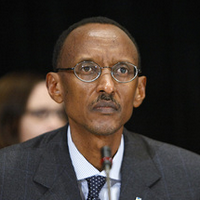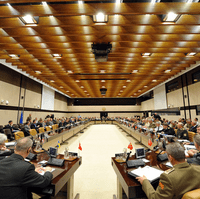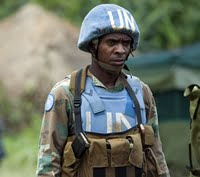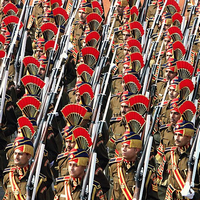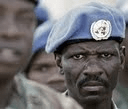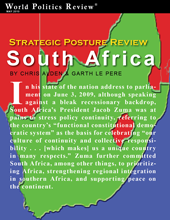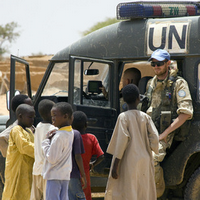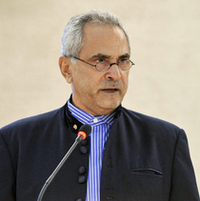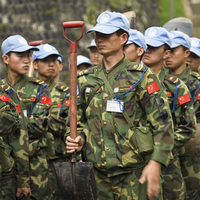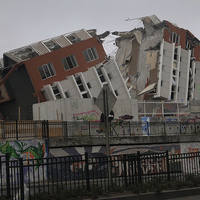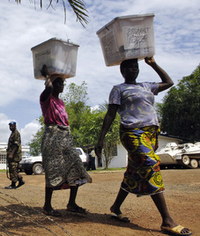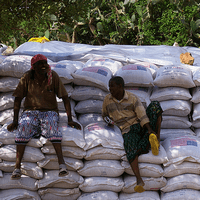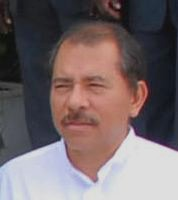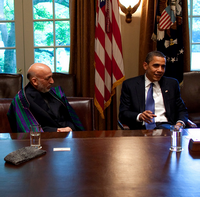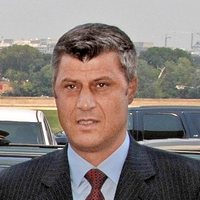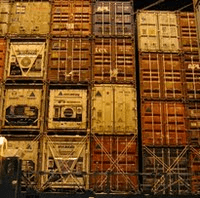
In the midst of deep crisis, cooler heads rarely hold sway — at least in the public discourse. Thus it was that just a year ago, we heard from many experts — and joyous activists — that globalization was on its deathbed: The global economy was on the verge of a great and permanent unraveling. It was to be an inexorable and exact reversal of everything that defined the go-go globalization of the 1990s, replete with social and political unrest of the highest order. In effectively re-enacting the Great Depression of the 1930s, we even faced the incredible prospect of […]

